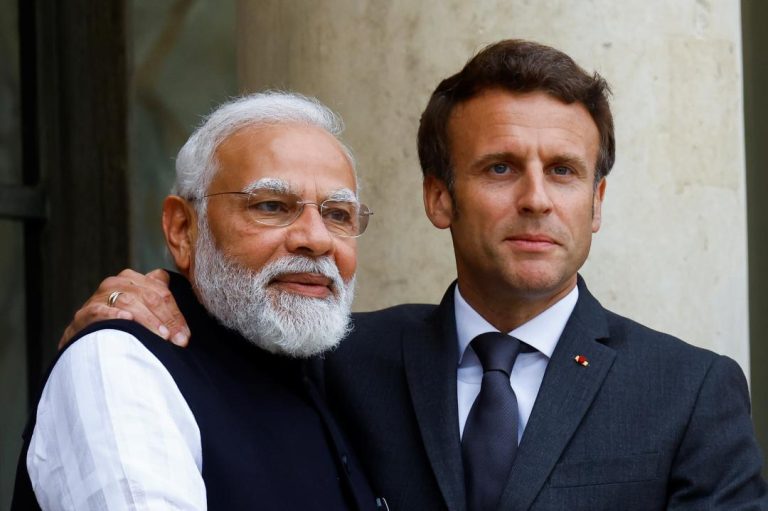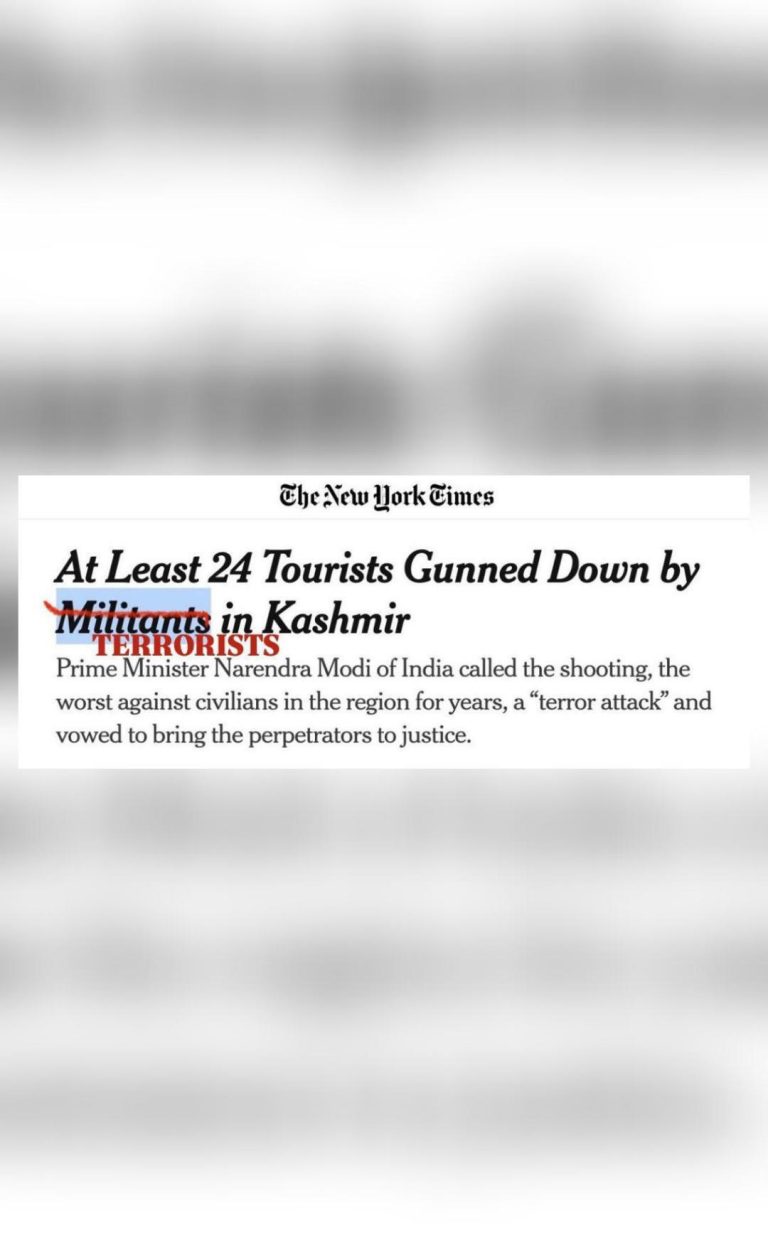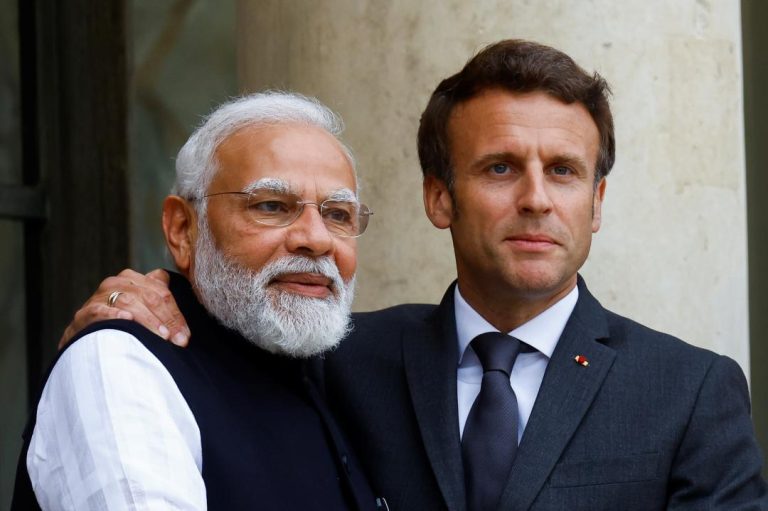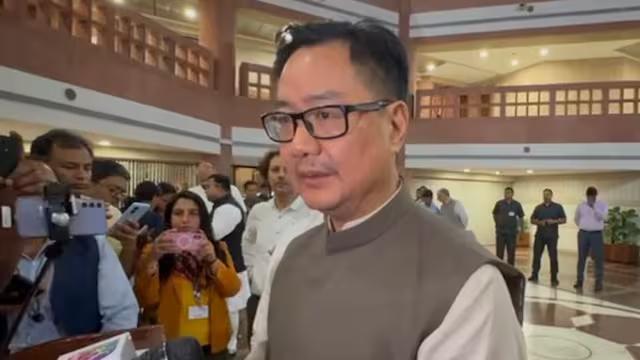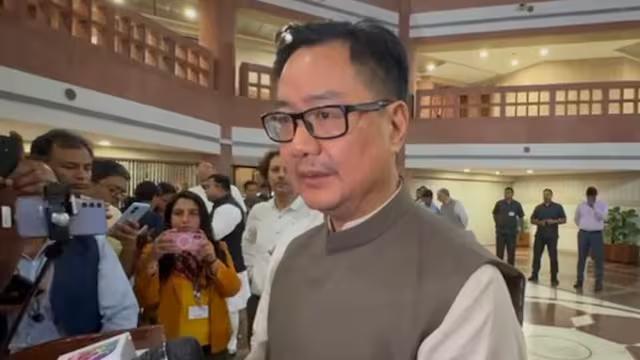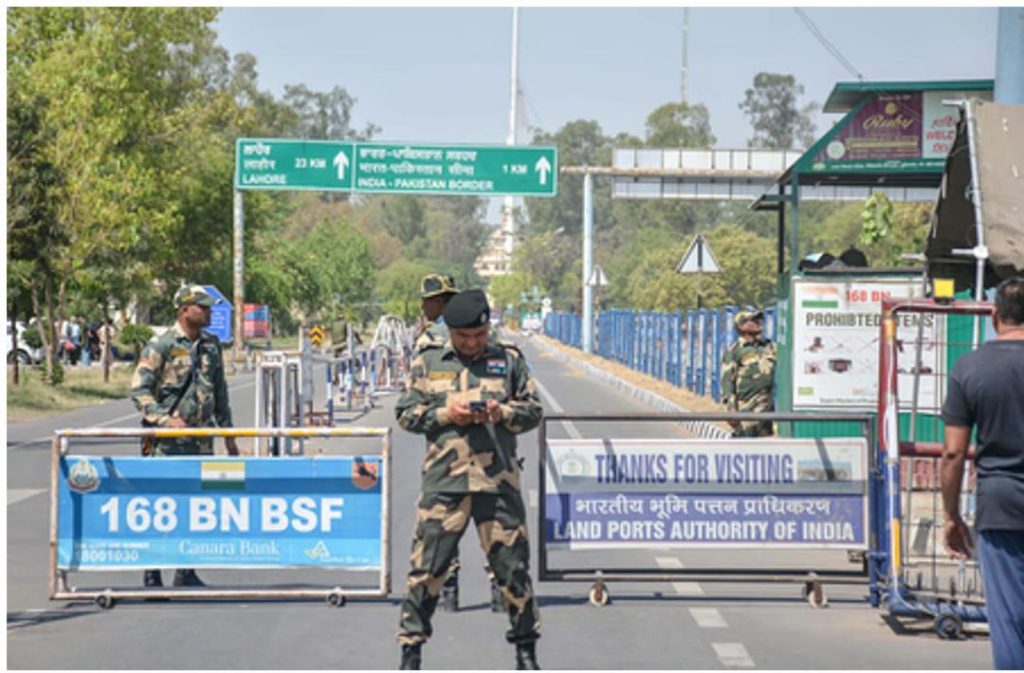
India Not Suspending Long Term Visas Issued to Pakistani Hindus, Clarifies MEA
In a recent development, the Indian government has taken a stern stance against Pakistan, suspending visa services to Pakistani nationals with immediate effect. This decision comes in the wake of a terror attack in Jammu and Kashmir’s Pahalgam that claimed the lives of 26 people. However, amidst the backdrop of this heightened tension, the Ministry of External Affairs (MEA) has issued a clarification regarding the fate of Long Term Visas (LTVs) already issued to Hindu Pakistani nationals.
According to the press release issued by the MEA, the suspension of visa services only applies to new applications from Pakistani nationals, and does not extend to LTVs that have already been issued. This clarification has sparked relief among the Pakistani Hindu community, many of whom have been seeking refuge in India due to persecution in their native country.
The MEA’s clarification comes as a welcome respite for the Pakistani Hindu community, which has long faced discrimination and marginalization in Pakistan. Many Pakistani Hindus have been forced to flee their homes and seek asylum in India, where they have been granted LTVs allowing them to live and work in the country. The suspension of visa services would have had significant implications for these individuals, who rely on India as a safe haven.
The decision to suspend visa services to Pakistani nationals was taken by the Indian government in response to the recent terror attack in Pahalgam. The attack, which was claimed by the Pakistan-based Jaish-e-Mohammed (JeM) terrorist group, marked a significant escalation in the tensions between the two countries. In the aftermath of the attack, India has taken several steps to demonstrate its resolve against Pakistan, including the suspension of visa services and a diplomatic backlash.
The suspension of visa services is the latest in a series of measures taken by the Indian government to respond to Pakistan’s actions. In recent weeks, India has also downgraded its diplomatic relations with Pakistan, expelled the Pakistani diplomat responsible for the 26/11 Mumbai attacks, and launched a diplomatic offensive against Pakistan at the international level.
The Indian government’s decision to suspend visa services to Pakistani nationals is seen as a significant escalation in the diplomatic standoff between the two countries. The move is likely to have significant implications for individuals from Pakistan who were planning to visit or work in India, including students, businesspeople, and individuals seeking medical treatment.
However, the MEA’s clarification regarding LTVs has provided a glimmer of hope for Pakistani Hindu nationals who have already been granted asylum in India. These individuals, who have fled their homes in Pakistan to escape persecution, can now rest assured that their status in India will not be affected by the suspension of visa services.
The MEA’s clarification is also seen as a significant victory for the Pakistani Hindu community, which has long been marginalized and discriminated against in Pakistan. The community has faced widespread persecution, including forced conversions, sexual exploitation, and targeted violence. The Indian government’s decision to provide refuge to Pakistani Hindu nationals is seen as a significant step towards recognizing their rights and protecting their dignity.
In conclusion, the Indian government’s decision to suspend visa services to Pakistani nationals is a significant escalation in the diplomatic standoff between the two countries. However, the MEA’s clarification regarding LTVs has provided a glimmer of hope for Pakistani Hindu nationals who have already been granted asylum in India. The Indian government’s commitment to protecting the rights and dignity of these individuals is a crucial step towards promoting peace and stability in the region.
